Chris Braak Reviews Shadow’s Lure
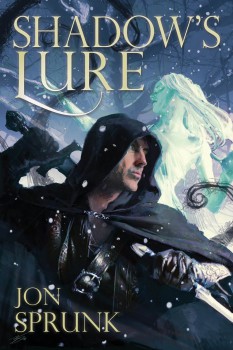 Shadow’s Lure
Shadow’s Lure
Jon Sprunk
Pyr (387 pp, $17.00, Paperback, June 2011)
Reviewed by Chris Braak
Shadow’s Lure, by Jon Sprunk, is the continuing story of Caim the Knife, formerly an assassin, then briefly a supernaturally-empowered assassin, now a supernaturally-empowered vagabond. After helping Empress Josphine (“Josey” to her friends) secure the throne of Nimea away from that empire’s totalitarian church, Caim has gone north into barbarous Eregoth, to find out more about his long-lost family, and discover the secret origin of his heritage. While in Eregoth, Caim runs afoul of a duke under the sway of an evil sorceress, and finds himself embroiled in a rebellion against them. Meanwhile, the newly-crowned Empress has to fight off an assassination attempt and a conspiracy to snatch that hard-won throne away.
As with his first book, Shadow’s Son, Sprunk reveals a strong command of the sort of scene-by-scene, action pacing necessary for good, tense battle scenes, and Shadow’s Lure definitely delivers those. The fights are fast and dramatic, primarily because Sprunk doesn’t short-change the stakes; people are in danger, and people die, and there is no sense of Sprunk “coddling” anyone, or letting the reader get off easy by keeping your favorites alive. War is a dirty business, and Shadow’s Lure, for the most part, meets it head on.
 Arctic Rising
Arctic Rising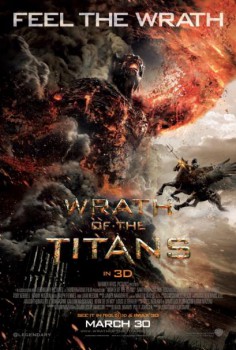 Wrath of the Titans (2012)
Wrath of the Titans (2012)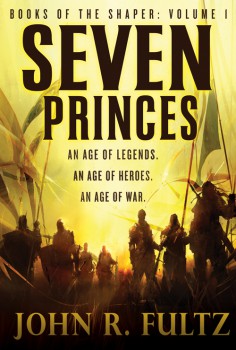 Seven Princes
Seven Princes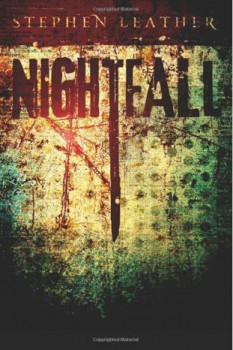

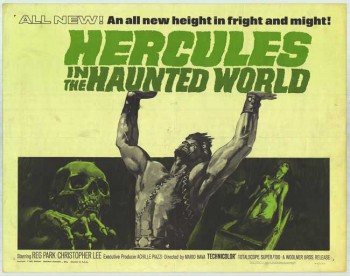
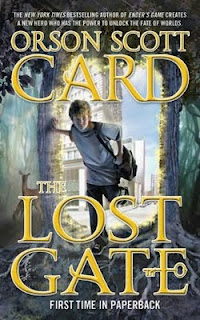 The Lost Gate
The Lost Gate 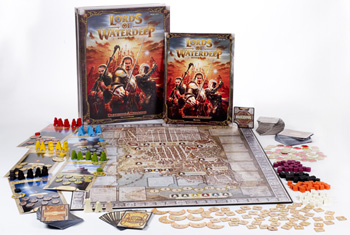 Lords of Waterdeep
Lords of Waterdeep